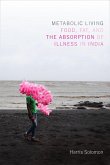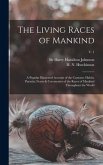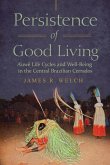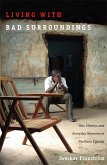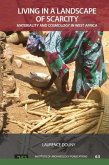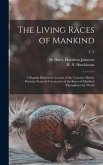The Hai om 'Bushmen' of northern Namibia are still a gathering people, living not only on mangetti [nuts] and other wild foods but also on the by-products of the cattle industry on the mangetti farms. Namibian independence in 1990 with its new options has created a dilemma which may result in a loss of autonomous modes of social organization. The personal quality of their social relations relies on a high degree of individual autonomy, cultural diversity, subsistence flexibility, social permeability, and of immediacy in religious affairs. This book describes the main strategies that the Hai om have developed to deal with independence and dependency - their ways of accessing the new economic resources, their communication skills, their storytelling practices, their sophisticated ways of creating name and kin relations across spatial and social boundaries, and their way of co-operating in the medicine dance, their main religious ritual.
This book is an anthropological case study of the little-known "Bushman" of Northern Namibia. They are still a gathering people, not only living on mangetti (nuts) and other wild foods but also on the by-products of the cattle industry on the mangetti farms. Through direct interaction during long-term field research, this book vividly conveys the conditions in which the "Bushman" actually live today.
Hinweis: Dieser Artikel kann nur an eine deutsche Lieferadresse ausgeliefert werden.
This book is an anthropological case study of the little-known "Bushman" of Northern Namibia. They are still a gathering people, not only living on mangetti (nuts) and other wild foods but also on the by-products of the cattle industry on the mangetti farms. Through direct interaction during long-term field research, this book vividly conveys the conditions in which the "Bushman" actually live today.
Hinweis: Dieser Artikel kann nur an eine deutsche Lieferadresse ausgeliefert werden.


